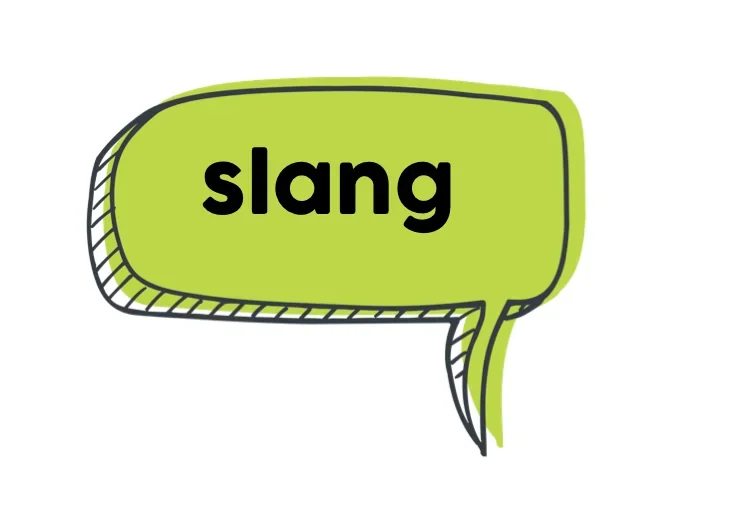Murri, Koori and Torres Strait Islander Slang: A Guide for Non-Indigenous People
Language is one of the most powerful ways we connect, belong, and share culture. For Aboriginal and Torres Strait Islander peoples, slang and everyday sayings carry humour, pride, and identity.
If you’ve ever heard words like budji, tidda, esky, or which way? and wondered what they mean — this yarn is for you. Let’s break down some common Murri, Koori, and Torres Strait Islander slang, and show you how they’re used in everyday conversations.
What do Murri, Koori, and Torres Strait mean?
Murri — A term used by Aboriginal people from Queensland and northern New South Wales.
Koori (or Koorie) — A term used by Aboriginal people from southern New South Wales and Victoria.
Torres Strait Islander — Refers to the First Nations peoples of the Torres Strait Islands, between the northern tip of Queensland and Papua New Guinea.
These words are not really interchangeable but we all use them. They’re usually regionally and culturally specific identifiers — a way of saying “this is who we are, this is our mob, this is our place.”
Murri slang examples (Queensland / northern NSW)
Budji — fart. “Whoever denied it supplied it — budji!”
Goona — poop / number two. “He left a big goona.”
Bunti up — pregnant. “They reckon she’s bunti up.”
Itchy One — someone always chasing romance. “Don’t trust him, he’s an Itchy One.”
Din squeeze — when fear makes your butt cheeks clench. “That snake gave me a din squeeze!”
T.G — “True God,” meaning “I swear it’s true.” “I was there, T.G.”
Which way? — “What’s up?” or “How are you?”
Koori slang and sayings (NSW / Victoria)
Tidda — sister or close female friend. “She’s my tidda.”
Mob — family, people, or community. “Who’s your mob?”
Deadly — awesome, great, excellent. “That concert was deadly.”
Gammon — fake, silly, not serious. “Don’t listen to him, he’s gammon.”
Torres Strait Islander slang and everyday talk
Torres Strait slang mixes English, Creole (Yumplatok), and Island languages. Some everyday examples include:
Esso — thank you.
Sista / Bratha — used for family and respect, but also for close mates.
Seawall — a gathering place in island communities, where people meet to yarn.
Laik — similar to “like,” often used for emphasis.
Waumer — friend / mate.
Chillax on the verandah — hanging out casually at home, often with family or neighbours.
Scenarios: How it sounds in real life
Here’s how these words might come up in everyday conversations.
Yarn with family (Murri)
Me: “Which way, cuz? You good?”
Uncle: “Yeah, deadly. Just had a budji, though, don’t come too close.”
Me: “True God, Uncle, you’re gammon!”
(Everyone cracks up laughing.)
Chatting with a Koori mate
Me: “Hey tidda, you coming to the footy on Saturday?”
Friend: “Deadly, can’t wait! I’ll bring my mob too.”
Me: “Choice. We’ll make it a big one.”
Torres Strait family vibes
Me: “Esso, sista, for cooking up that feed.”
Aunty: “All good, bratha. Just chillax on the verandah till the fish is ready.”
Me: “Waumer, I’ll be by the seawall later for a yarn with the boys.”
Explaining to non-Indigenous mates
Mate: “What does ‘which way’ mean? You always say that.”
Me: “It’s like saying ‘what’s up’ or ‘how’s it going.’ It’s a Murri thing — you’ll hear it a lot up here.”
Mate: “Deadly! Can I say it too?”
Me: “Only if mob give you the nod. It’s about respect, hey.”
Hear it in action
Want to listen to mob using slang? Check out these clips:
6 Murri Words to Add to Your Vocabulary (SBS, 2021)
What Does ‘Which Way’ Mean? (NITV, 2020)
I Am a Concrete Koori (spoken word performance, 2019)
Respect matters
If you’re non-Indigenous, here are a few simple guidelines:
Don’t appropriate — slang belongs to mob.
Listen first — notice how it’s used in context.
Ask respectfully — some words are fine to use, others are not.
Celebrate diversity — Murri, Koori, and Torres Strait slang aren’t all the same.
Finally
Slang isn’t just about words — it’s about identity, belonging, and culture. Whether it’s a Murri uncle joking about a budji, a Koori sister calling you tidda, or a Torres Strait aunty saying esso for a meal — these words carry history and love.
Respect it, enjoy learning, and remember: language is one of the most powerful ways culture lives on.

